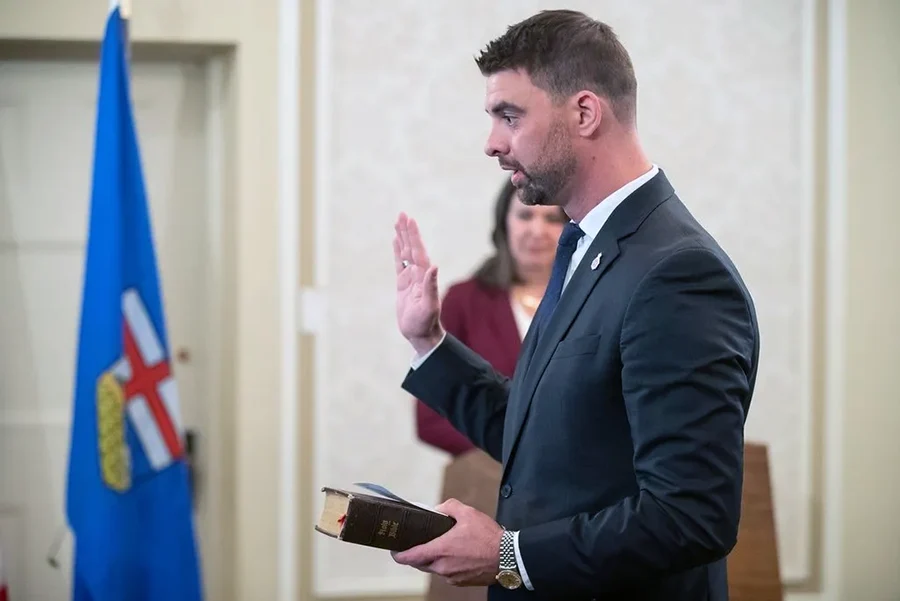Pearl Lorentzen,
Local Journalism Initiative Reporter
The Municipal District of Opportunity is penning a letter to Alberta Health Services (AHS), offering to pay for ambulances to transport people who die in the community to the hospital. They figure this will cost the M.D. around $500 per person and be well worth it.
Councillor Darlene Jackson added the item to council’s July 9 meeting agenda, because two young men had died in the community recently near a main road in Wabasca. Their bodies lay there, she said, covered with a blanket with their shoes sticking out for six hours.
Jackson said she drove past with her grandchildren, who were traumatized. It was also hard on her, she told her council colleagues, and she can’t imagine what it was like for the family.
“It’s sad and unacceptable,” she said.
The reason the bodies lay there for so long, Jackson explained, is that Alberta Health Services ambulances are no longer allowed to transport dead people. In the past, the ambulance would transport the body, the staff would clean them up, and the family would be allowed to view the body. Viewing the body is important for Cree culture, she added.
Reeve Marcel Auger had also driven past the scene as described and could see the effect that seeing the bodies had on his young nephews, who were in the car.
“They get traumatized by it,” he said. “They know what they are seeing.”
The only people allowed to touch the bodies are undertakers or coroners, said Kimball Newberry, acting CAO.
However, the nearest undertakers are in Slave Lake, Athabasca and High Prairie. Slave Lake and Athabasca are both about an hour and half. High Prairie is two hours and forty minutes.
Neither case was suspicious, so the body didn’t have to stay there for the police to investigate, Jackson said. One died from health reasons by the fishing dock. The other died in a quadding collision. The families weren’t even allowed to see the bodies.
“That’s been a thing for a number of years,” said Councillor Tahirih Wiebe. In 2018, when her step-father was dying at home (which is what he wanted), the hospital told the family they would be responsible for transporting the body to the hospital.
Thankfully, he didn’t die at home, she said, otherwise she’d never have used her car again, after transporting him.
“I don’t even know if the hospital will take them,” said Wiebe.
Council agreed that something needed to be done about the situation.
Councillor Gerald Johnson said he knew of a woman who cradled her dead child in the ditch after an accident for hours, waiting for the coroner. The police kept her safe with their vehicles, but couldn’t move the body.
Councillor Robin Guild suggested writing a letter to AHS.
“It’s not right for the bodies to sit there for six hours,” he said.
“I don’t understand why,” said Wiebe. “If you’re waiting for an investigator it is one thing.” She mentioned a man who froze to death in another community who was left there for hours.
As a temporary measure, Auger suggested that the M.D. ask the police if they have a pop-up tent they could put over people and maybe a fan to keep the body cool when it is hot. Wiebe said that the M.D. fire department responds to calls, so they could maybe set up the tent.
Pearl Lorentzen
Local Journalism Initiative Reporter,
Lakeside Leader



